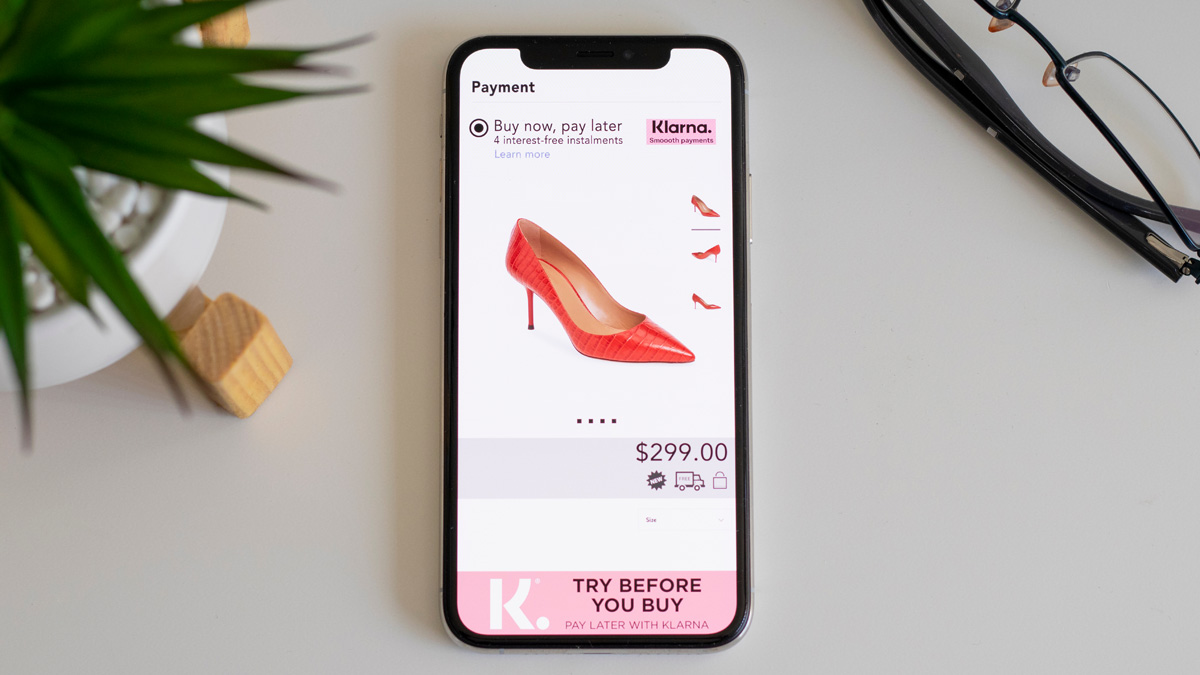With the ecommerce landscape being more crowded than a London pub on Super Saturday after lockdown, retailers are looking for any way to differentiate their offering. Perhaps surprisingly, it is in something as prosaic as payments that they’re finding it.
Convenience is king in ecommerce, particularly given that the majority of it now happens on mobile. The one-touch, one click payment methods offered by PayPal, Apple and Google Wallets have certainly improved the mobile shopping experience, particularly in-store during the pandemic, when mobile wallets allow users to exceed the £45 contactless limit imposed on card transactions. But it’s in the opportunity to find ways to fund shopping that fits better with people’s lifestyles is where a real sea change is taking place.
PayPal already allows customers to defer payments for some products for up to 14 days after the product has been delivered, while Klarna allows customers to defer payment as well as split it into instalments. Not everyone is offered the same service as it depends on a range of factors including the person looking for credit, the store and the availability of the item. Sezzle is a similar provider, collecting 25% from the consumer at point of purchase and the rest in interest-free instalments, but delivering the full price to the retailer, less a transaction fee.
These payment options aren’t just a convenient way of putting off until tomorrow what customers could purchase today (consumers have been warned of the potential to get into debt), they come at a time when people’s earning patterns are changing. While a credit card with regular monthly repayments made sense when most consumers were on fixed, monthly salaries, these payment solutions recognise that with more and more people working in the gig economy (by 2019, the number had doubled over three years to 4.7m workers in the UK) being paid irregularly, paying for items in ‘bursts’ might prove more financially convenient.
Buy now, pay later has also become an important tool for retailers to stimulate commerce during and after lockdown, when finances, shopper confidence or both are in short supply. They keep the funds flowing while making it easier for shoppers to pay. But again, brands will also find they have a duty of care to their customers to make sure they don’t get into trouble by over-extending their use of credit.
Featured image: rosstomei / Shutterstock.com

